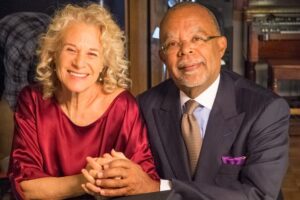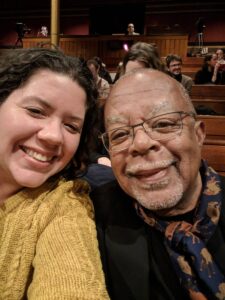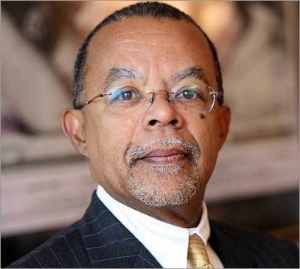As a child I can remember growing up with all races and nationalities; our neighborhood had White-American, Asian-American, American Indians and some African Americans sprinkled all over in our little neighborhood. We were often raised to treat everyone as an individual no matter how they looked or what they did. My parents would teach me to respect my elders and to excuse myself when we interrupt adults in a conversation. At home we grew up eating dinner at the table with our siblings, taking turns doing the dishes, mopping and vacuuming the floors in our home. There were times when me and my friends were stared at and were made fun of because we were all different races hanging out together; one day me and my friends were all walking home from playing a hard game of basketball and this big blue van drove by us and the driver murmured something like “yall get your butts out of the street!” And we just shrugged it off and laughed but then he puts on his breaks and shouts “Did yall say something?” And we were so stunned and quickly said “Naw man, we aint say nothing!” And the guy just drives off. I think that man did not like all of us walking together in the neighborhood that day but some of us are still good friends to this day. Growing up with different races intrigued me to learn more about them. In high school I took a black history course where I learned about activist like Dr. King and journalist like Henry Louis Gates Jr, and from that day I never stopped learning about my history.

Henry Louis Gates, Jr. was born on September 16, 1950, in Keyser, West Virginia. Henry is most known as an American literary critic and scholarly successor for his pioneering theories of African literature and African American literature. Henry’s mother is Pauline Augusta Coleman Gates, she worked cleaning houses, his father Henry Louis Gates Senior worked at a paper mill and was a janitor. Henry Louis Gates Jr. was married to Sharon Lynn Adams. From this union were born two daughters Maggie Gates and Liza Gates. Maggie was Henry’s first born and there is not much info about her life. Liza is Henry’s second born child, she’s currently a Clinical Functional Family Intervention Therapist.

Gates was a 1968 valedictorian graduate of his high school and attended a local junior college before enrolling at Yale University, where he earned a Bachelor’s degree in History in 1973.
After receiving two fellowships in 1970, he took a trip to visit Africa, working as an anesthetist in a hospital in Tanzania and then traveling through other parts of the African nations. In 1973 he entered Clare College, Cambridge, where one of his tutors was a Nigerian writer named Wole Soyinka. Soyinka pushed Gates to study literature instead of history. Soyinka also taught him about the culture of the Yoruba, which I found out to be one of the largest Nigerian ethnic groups. Gates once taught literature and African American studies at Yale University, Cornell University, Duke University and Harvard University and was appointed W.E.B. Du Bois Professor of the Humanities in 1991. Since the 1980s, Gates edited a handful of critical antho

logies of African American literature, including Black Literature and Literary Theory just to name a few. Gates also got involved with various television documentaries that were aired on PBS, such as, hosting shows like “African American Lives”, “Faces of America” and one of my favorites “Finding Your Roots.” Gates also dabbled in other tv credits such as “Black in Latin America.” As Gates continued his success, racism somehow weaved its way in his pathway in July of 2009. Gates was arrested and charged with disorderly conduct; after he had returned from traveling abroad. Gates had forced open the door to his house in Cambridge, Massachusetts. A sudden call to the police from a neighbor, who believed at that time a robbery might be under way. I discovered that the police report stated that Gates refused to cooperate when he was later questioned in his home, which resulted in his arrest. Gates claimed that his arrest was a sign of racism.
The history of African American history goes beyond slavery and I have to thank my father for taking me to National Museum of African-American History and Culture in Washington DC and the curiosity of Henry Luis Gates Jr about African-American history. If I were not brought up in a diverse neighborhood and exposed to different cultures, I probably would not have been as open-minded enough to even consider trips to Ghana or Japan. America must be literally dipped in the pool of culture so that we can understand each other; in other words, we must get to know all cultures before we set judgment on any man or women.





